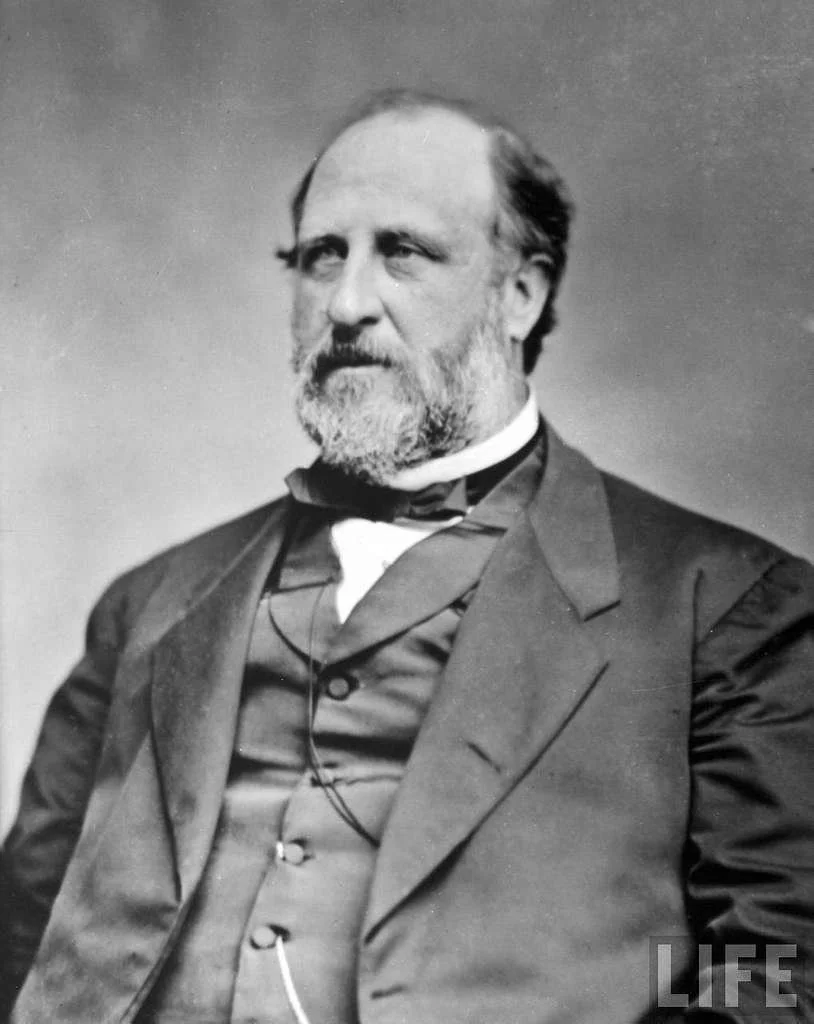Prof Deann Gayman of the University of Nebraska explores data which daylights a bracing fact: blood sport American politics makes supporters--not just pols--lose their ethical bearings, contributing to the deeply nihilistic behavior we see in our current Silicon Valley special election season.
Read MoreFor many voters, partisan loyalties override moral judgment, leading to the degraded political culture and corrupt politics we see in Silicon Valley. So says Associate Prof James Lemoine of the University at Buffalo’s Baldy Center for Law and Social Policy.
Read MoreA Harvard Business School professor turns the stage lights on the supporting cast that facilitates unethical acts in politics and business. And hey, it looks a lot like what we see when we look in the mirror. From Daniel Oberhaus in the Harvard magazine.
Read MoreThe No on Measure A campaign, chaired by County Assessor candidate Rishi Kumar, announced plans to file legal action against Santa Clara County following reports that the County used taxpayer dollars to distribute a mailer resembling campaign material promoting Measure A. Text of press release below.
Read MoreThe County of Santa Clara bought two hospitals and has created a budget issue by overspending, says Saratoga Vice Mayor Chuck Page. To make up for their indiscretions, the county is again turning to the taxpayer for a bailout: problem is, he says, the regressive Measure A sales tax will only hurt the people it’s supposed to help. And Opportunity Now exclusive commentary.
Read MoreYuri Perelman from the Eagle showcases journalists Tara Palmeri and Teddy Schleifer at American University tracing back Silicon Valley’s conservative pivot. Driven by figures like Elon Musk and Mark Zuckerberg, this right-leaning tech tide is the newest challenge for local leaders to navigate. Tech wealth fuels local political clout, so this shift is poised to cause clashes.
Read MoreIt “seems odd,” says SVTA Board Member Elizabeth Brierly, that the DA would predict cuts to law enforcement if Measure A doesn’t pass. The feds already increased public safety spending, but now Santa Clara County supes want residents to pay even more? In this Opportunity Now exclusive rebuttal to comments in the Merc, Brierly says the massive county tax precludes cities from raising their own sales tax rates. Is San Jose’s leadership confident there won’t be a deficit in the next five years?
Read MoreEven if there were oversight for Measure A, it should be set up before election day, not after, says SVTA’s Elizabeth Brierly. But such a committee would likely be packed with insiders, she says, and provide no real accountability. In Part 2 of this Opportunity Now exclusive rebuttal to Silicon Vallely Leadership Group's (SVLG) endorsement, Brierly calls out the false choice about trauma care: there’s no reason a private hospital wouldn’t do just as good a job.
Read MoreOn Monday, Mayor Liangfang Chao, Vice Mayor Kitty Moore, and Councilmember Ray Wang voted to oppose Measure A, calling the proposed 5/8-cent sales tax regressive, hasty, and too broad to ensure the funds would support county hospitals. Even if it did, they said, the amount wouldn’t be enough. With another half-cent VTA tax on the ballot next year, Cupertino leaders fear losing flexibility to raise local revenue. AI Summary of the 10/13/25 meeting via Citizen Portal.
Read MoreAn active Sunday: The Merc comes out No on Measure A. And a lively, bipartisan No on A rally convenes a big crowd and growing list of local pols rejecting the county sales tax hike.
Read MoreThe research of Professor Michael Bamberg of Clark University takes a look at how dominant narratives emerge and how counter narratives get created and believed. Through the analysis of narrative practices, Professor Bamberg proposes that we can intentionally begin to present stories that enable social change, by looking beyond the story, to uncover and challenge the assumptions behind dominant narratives. From Research Outreach.
Read MoreMatt Sheehan on Medium explores how the days of overarching, "Master Narratives" may be waning. Modern communication technology allows for the propagation of new, popular narratives that challenge the blinkered worldviews that marginalize alternative perspectives. Sheehan warns that counter narratives run the risk of becoming master narratives themselves.
Read More











